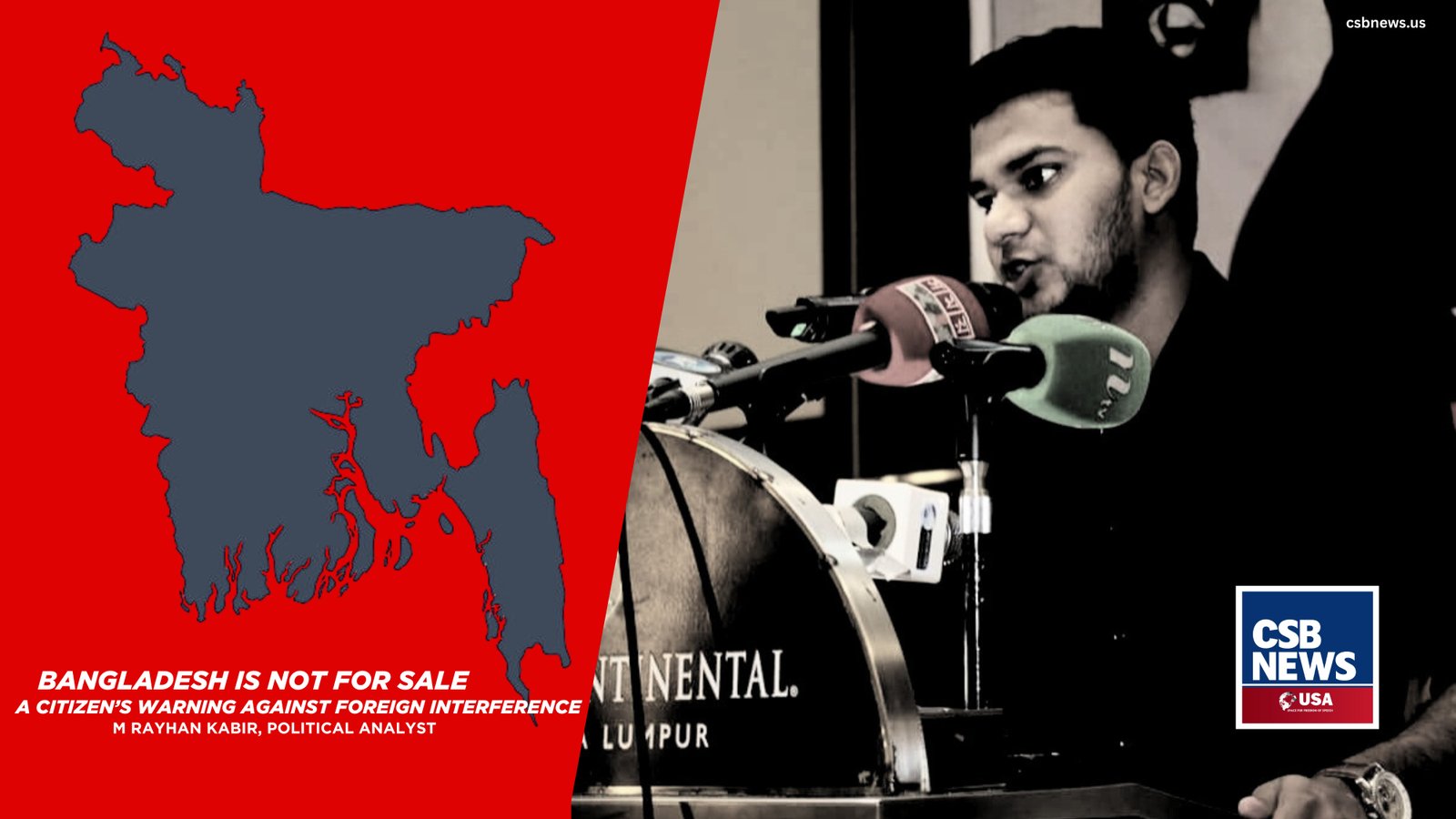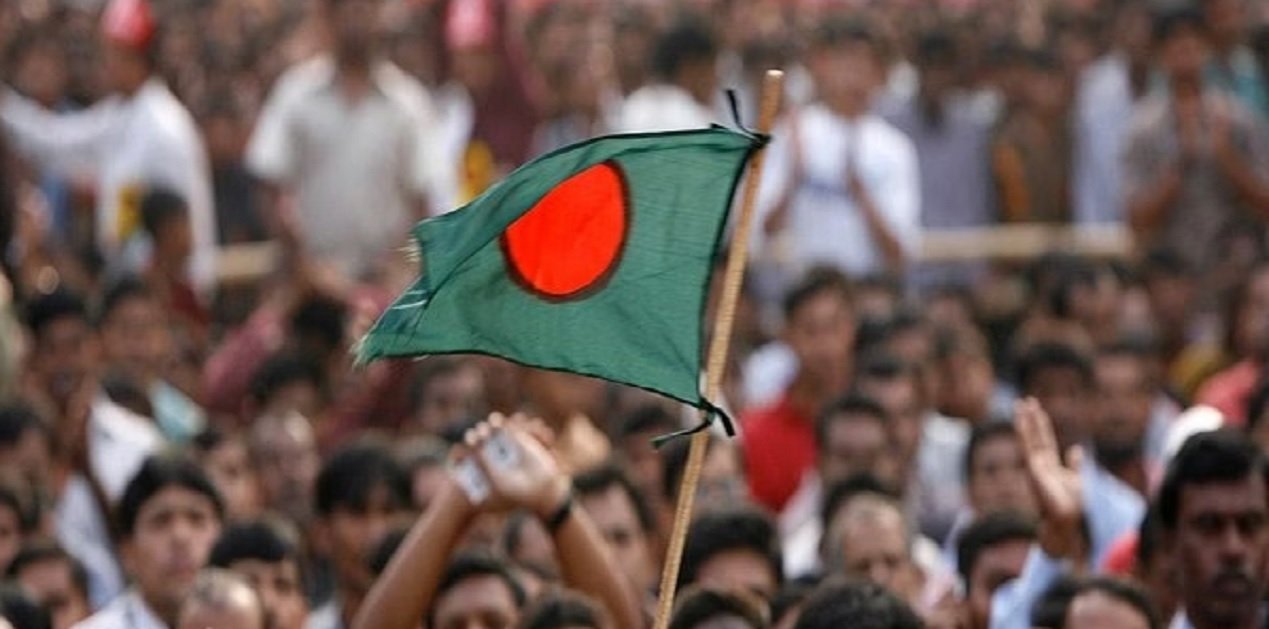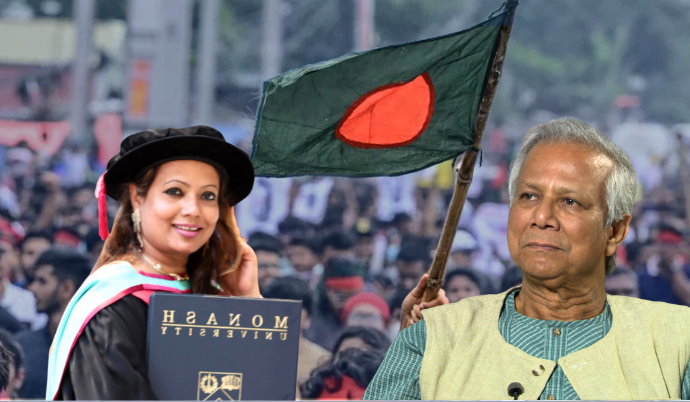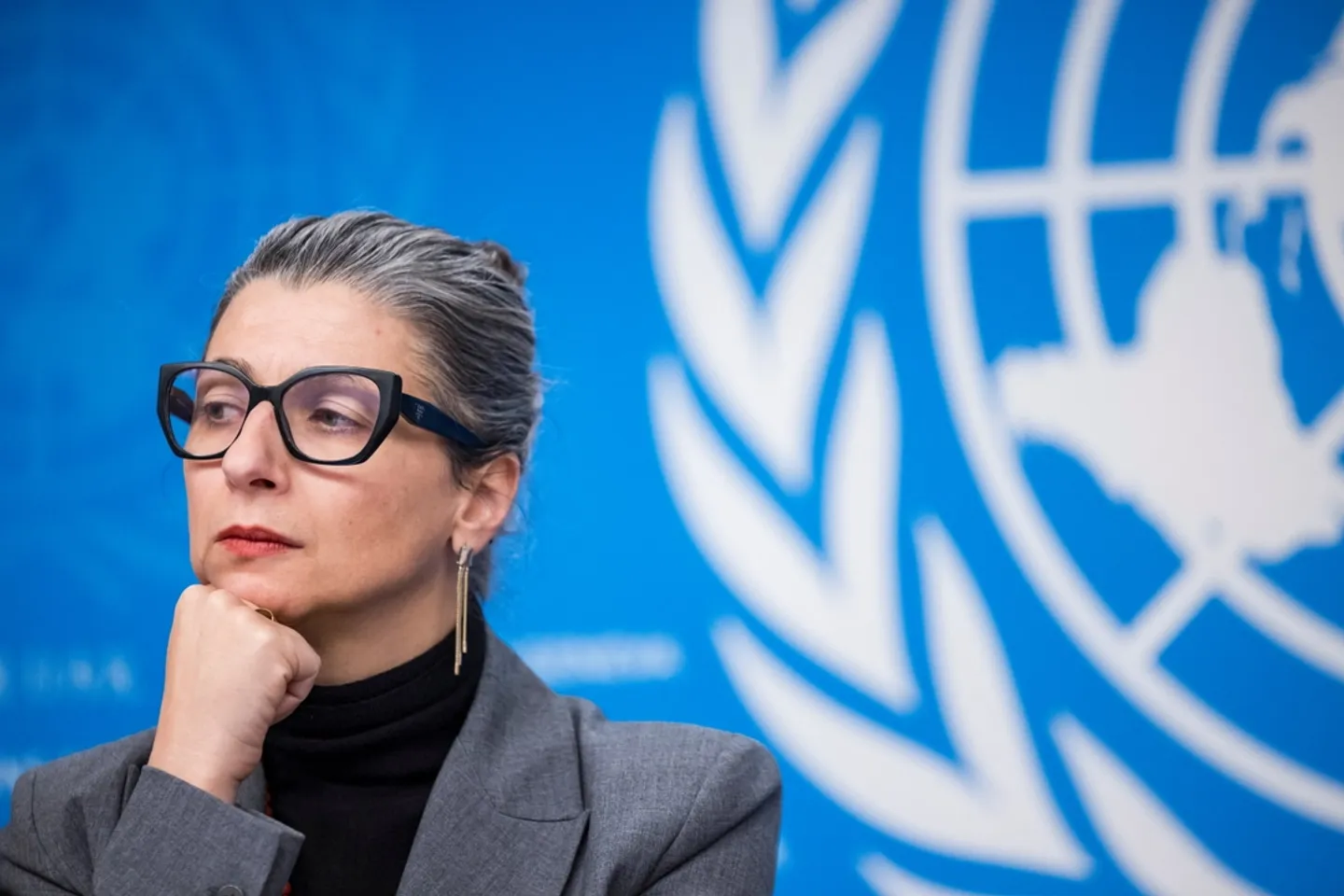“I hate racism, whether it comes from a white man or a black man. It is a man that matters — that is the essential thing.” — Nelson Mandela
Nelson Mandela — South Africa’s first Black president and a global icon of justice and human rights — remains eternally revered on the world stage more than a decade after his death. Every year on July 18, his birthday, South Africans are urged to dedicate 67 minutes of their time to serving others — symbolizing the 67 years Mandela devoted to selfless service and struggle for justice.
“I hate racism, whether it comes from a white man or a black man. It is a man that matters — that is the essential thing.” — Nelson Mandela
“I hate racism, whether it comes from a white man or a black man. It is a man that matters — that is the essential thing.” — Nelson Mandela [Johannesburg, South Africa | July 18, 2025]
Nelson Mandela — South Africa’s first Black president and a global icon of justice and human rights — remains eternally revered on the world stage more than a decade after his death. Every year on July 18, his birthday, South Africans are urged to dedicate 67 minutes of their time to serving others — symbolizing the 67 years Mandela devoted to selfless service and struggle for justice.
Rolihlahla Mandela was born on July 18, 1918, in Mvezo, South Africa. He later adopted the name “Nelson.” From a young age, his leadership qualities and commitment to social justice were evident.
In 1944, he joined the African National Congress (ANC) and soon led its youth wing. He revitalized the organization through his fight against apartheid. In 1952, together with Oliver Tambo, he founded South Africa’s first Black law firm in Johannesburg and led protests against the infamous “pass laws.”
After returning from Algeria in 1962, where he received guerrilla training, Mandela was arrested and sentenced to five years in prison. In 1963, during the Rivonia Trial, he was convicted of treason and sabotage and sentenced to life imprisonment.
He spent 18 years on Robben Island, later transferred to Pollsmoor and Victor Verster prisons. Even in captivity, Mandela became a global symbol of the anti-apartheid struggle. Despite multiple offers of conditional release, he rejected them all on the grounds of justice and principle.
In 1990, President F. W. de Klerk released Mandela. Under his leadership, the ANC entered negotiations that eventually transitioned South Africa to democracy. In the country’s first universal election in 1994, the ANC won, and on May 10, Nelson Mandela was sworn in as South Africa’s first Black president.
As president, he focused on housing, education, economic development, and national reconciliation. He initiated the Truth and Reconciliation Commission to investigate past injustices and human rights violations impartially.
In 1999, Mandela voluntarily stepped down from the presidency. He then founded the Nelson Mandela Foundation, continuing to advocate for peace and justice worldwide.
In 2007, he co-founded “The Elders,” a global organization aimed at resolving conflicts and promoting ethical leadership across the world.
Since 2009, July 18 has been observed internationally as “Nelson Mandela Day,” officially recognized by the United Nations. On this day, people are encouraged to serve their communities and fellow human beings.
Nelson Mandela is not only South Africa’s hero but a moral beacon for the entire world. His life embodies both struggle and forgiveness — a legacy that continues to guide the fight against injustice and oppression everywhere.









